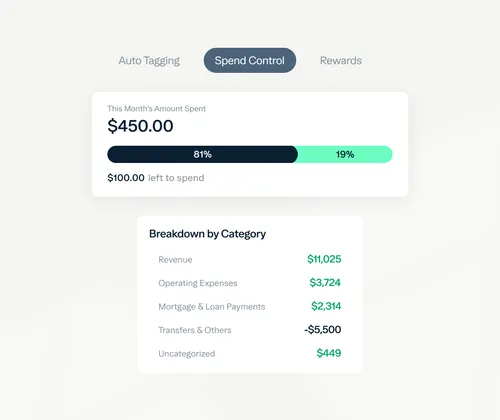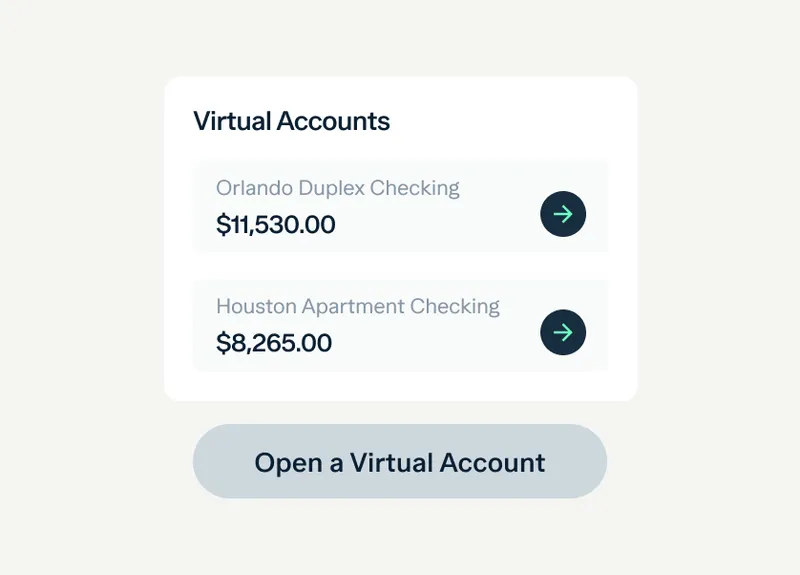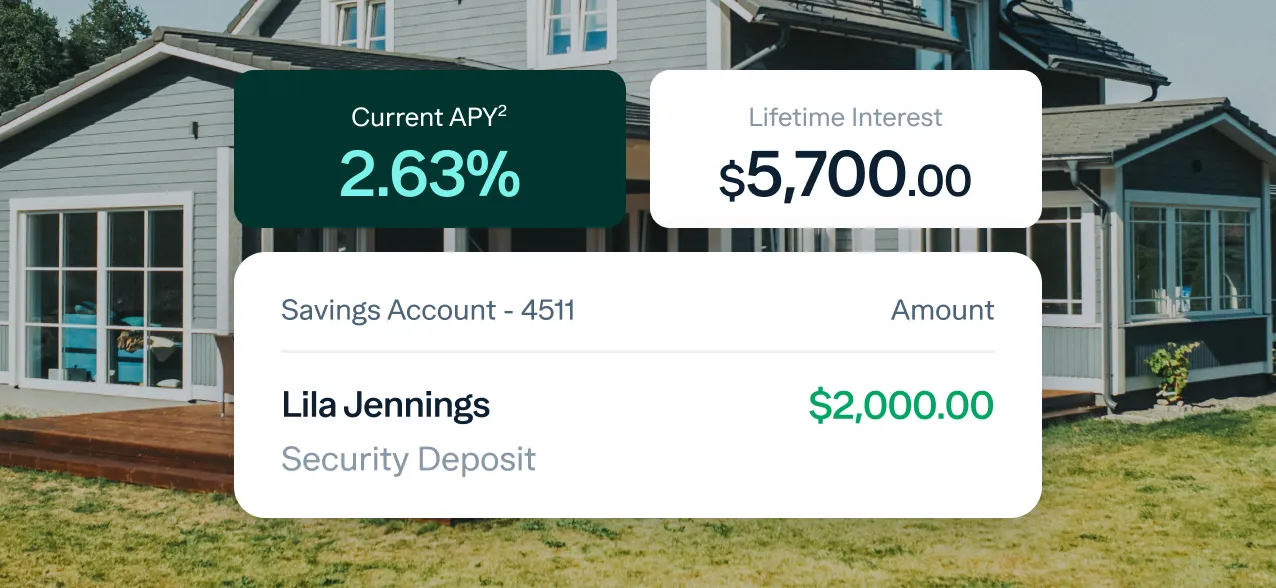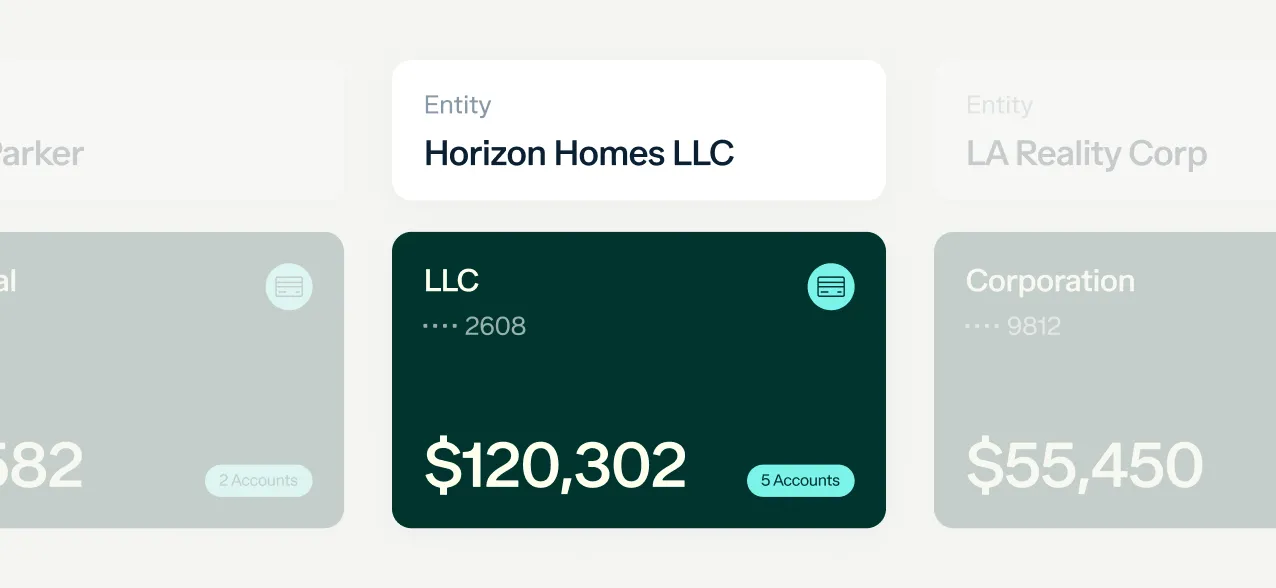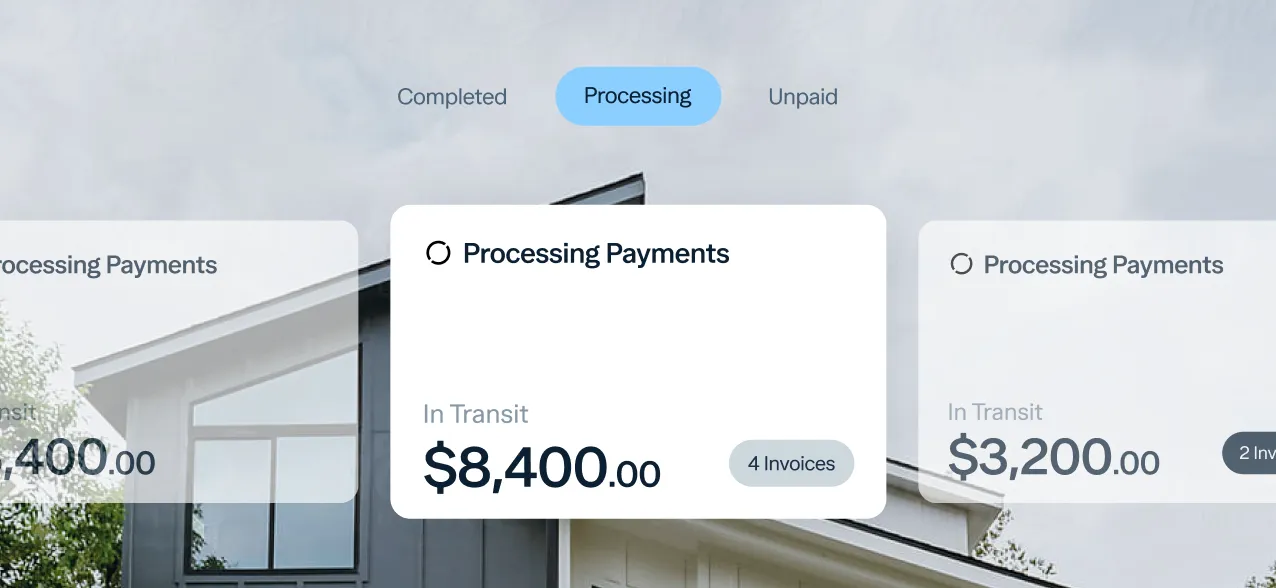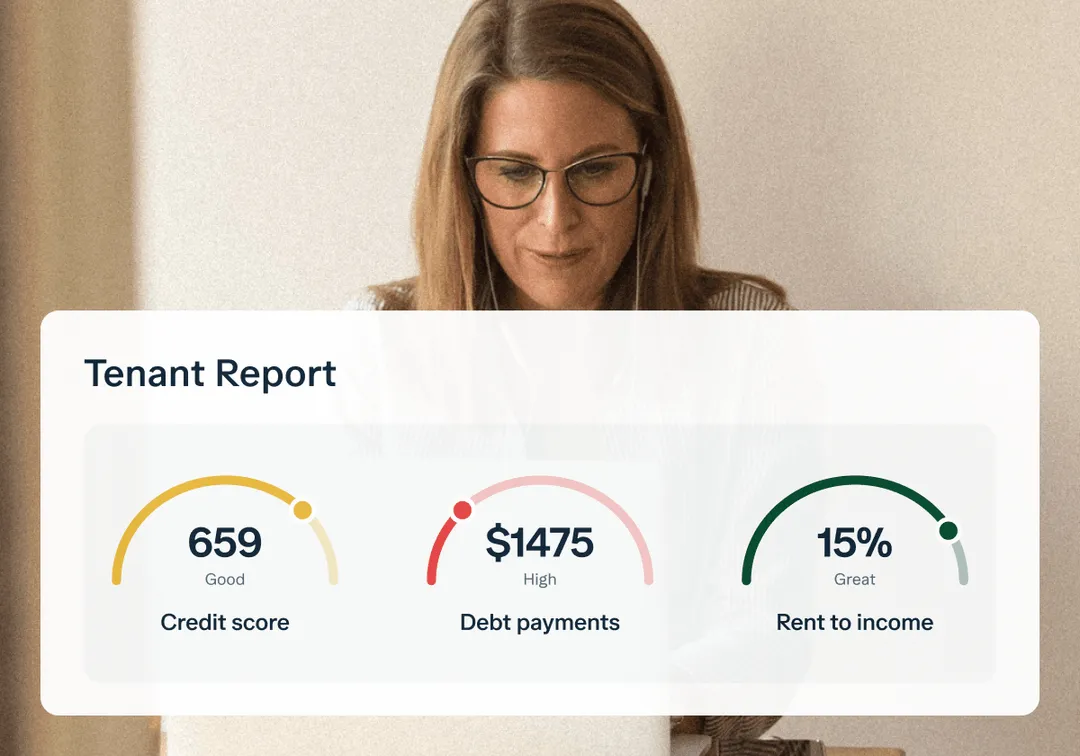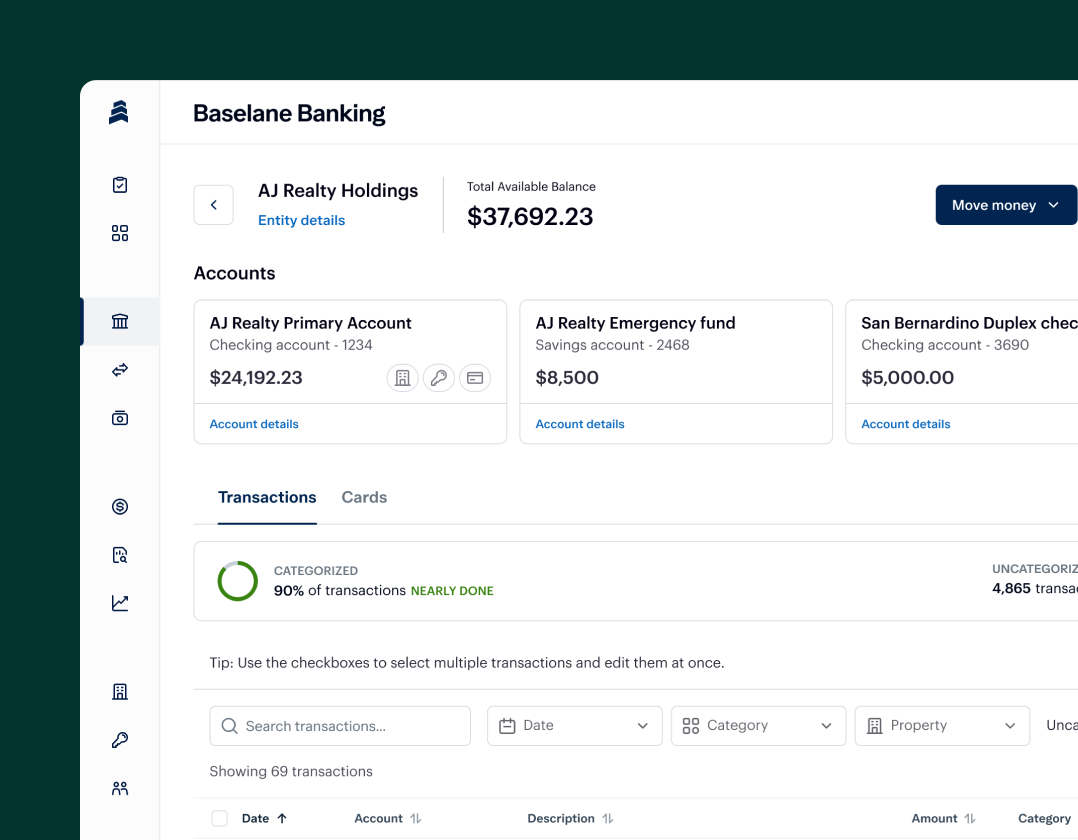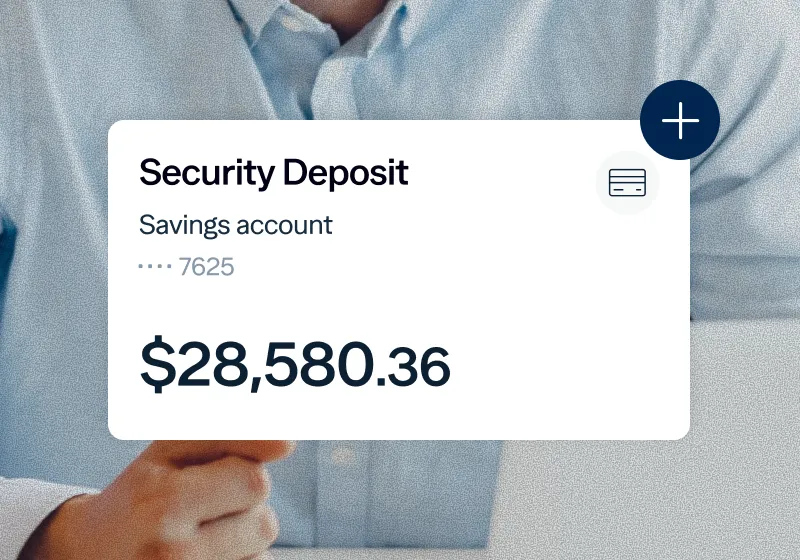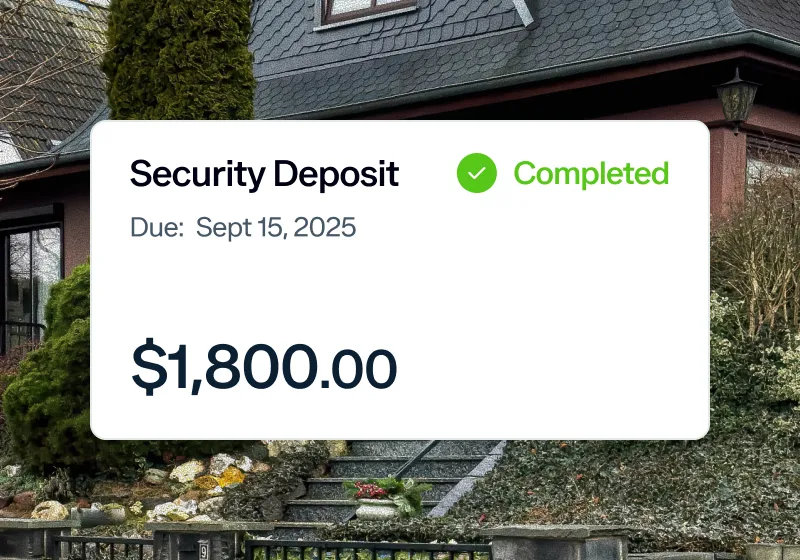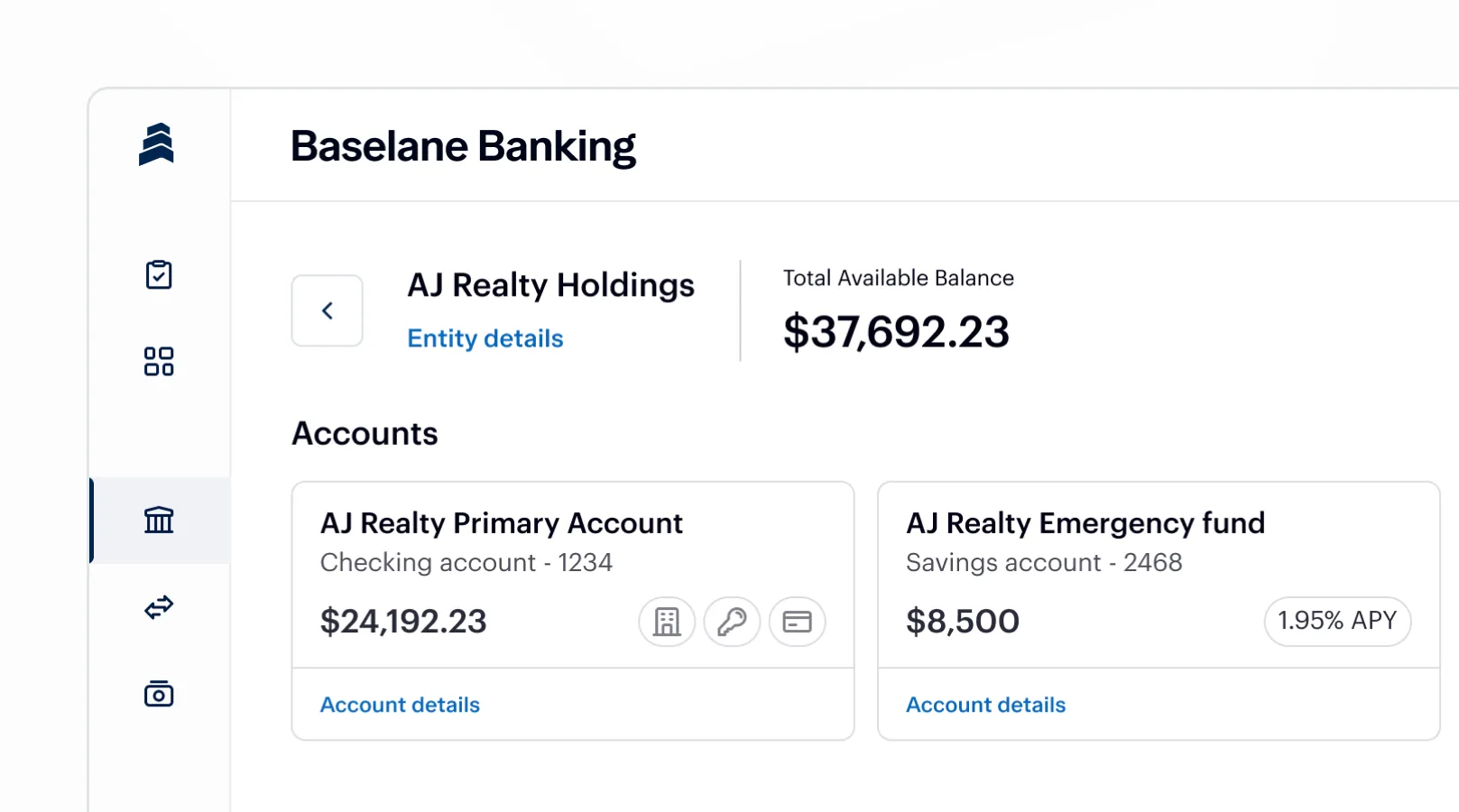How much security deposit can a landlord charge in Georgia?
Georgia's security deposit limit is 2 months' rent. Landlords can charge first and last month's rent plus the security deposit, as prepaid rent is not included in the security deposit cap.
Is interest required on tenant security deposits in Georgia?
No, in Georgia, security deposit interest is not required. Landlords must keep the deposit in an escrow account with a Georgia-based bank and notify the tenant of the location of the landlord tenant security deposit bank account in Georgia.
How should I issue a security deposit receipt to tenants in Georgia?
A receipt isn't legally required, but it's a best practice to send one to the tenant. Include the name and address of the financial institution where the deposit is held in an escrow account, or provide the details of the surety bond if one is used instead.
How many days to return the security deposit in Georgia?
When the tenancy ends, the landlord has 30 days to return the full security deposit amount or give a written, itemized list of deductions along with the remaining deposit.
What can a landlord deduct from a security deposit in Georgia?
Under Georgia law, the landlord's rights security deposit allows deductions for unpaid rent and damage to the property (house rental, apartment, condo) that goes beyond normal wear and tear (e.g., floor damage). If the landlord holds funds for normal wear and tear, the tenant can sue and hold the landlord accountable for double damages.
Can a security deposit be used for unpaid rent in Georgia?
Yes, landlords can use a security deposit escrow account in Georgia to cover any unpaid rent that the tenant owes. But the landlord needs to let the tenant know about any deductions before they actually make them.
Can a landlord keep a security deposit for breaking a lease in Georgia?
Yes, a landlord's security deposit in Georgia can be used to cover any loss that the landlord faces if the tenant breaks the lease early, only if agreed upon in the lease agreement. The deposit can be used to cover any rent that's due until the landlord finds a new tenant to fill the vacancy.







